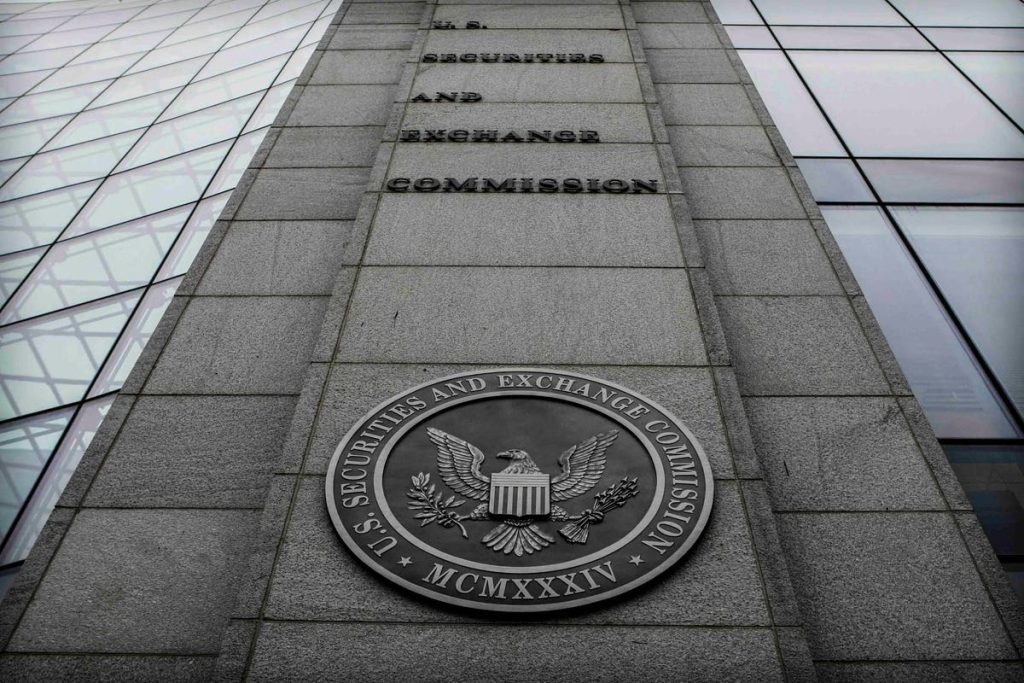There was no shortage of drama in the past year regarding the Security and Exchange Commission’s (SEC) proposed private fund reforms, which were eventually enacted on August 23, 2023 and were approved 3-2 along party lines by the commissioners. These sweeping reforms, taken a whole, are much less transformational than the original proposal from February 2022.
However, in a perhaps surprising move, the National Venture Capital Association, along with a “coalition of asset management associations,” last week challenged the SEC’s new private fund adviser rule in front of the U.S. Court of Appeals for the Fifth Circuit.
The SEC’s reforms focused on three major areas: reforms geared towards transparency of actions and corporate governance; rules intended to ensure fairness between investors; and greater accounting and auditing requirements.
Put more succinctly: The challenge claims the SEC exceeded its authority in adopting the rules and failed to follow the necessary steps under the usual notice-and-comment rule making.
The basis for the challenged, as argued by the NVCA’s lead counsel, Eugene Scalia—former Trump Administration Labor Secretary and son of late Supreme Court Justice Antonin Scalia—stems from the notion that the SEC failed to follow the required procedures of the Administrative Procedure Act. The plaintiffs claim the SEC’s adopted rule deviated so far from the originally proposed rule that it would have required a new comment period.
While the SEC’s adopted rules did deviate significantly from the original proposal, that’s largely because the most drastic proposed changes were either toned down or omitted entirely from the original proposal.
Of course, the irony is that the SEC did actually solicit a comment period for a long time. The rules were initially proposed in February of 2022. The public comment period was supposed to remain open for the standard 60 days. But in reality, comments continued to be submitted until just a week before the vote by the commissioners, including comments from every single one of the listed plaintiffs in this case, including the NVCA.
The plaintiff’s also claim that the rules as passed would be unworkable and impossible to effectively implement. The largest new responsibility is to provide audited financial statements to investors in private funds which would drastically increase transparency, a notion endorsed by Council of Institutional Investors, all of the so-called Big Four auditing firms, and the CFA Institute.
What the plaintiffs are undoubtedly actually objecting to are the strict prohibitions implemented as a part of the reforms. Most of these prohibitions are related to not allowing funds to charge investors with fees for a variety of matters—including charging investors fees to recoup expenses related to regulatory investigations, compliance charges, and allocating fees on a non-pro rata basis. The reform also prohibits advisers from borrowing money from a fund without a majority of investor consent. Perhaps most importantly, it prohibits preferential redemption and information rights.
The NVCA argues that these reforms will stifle business. Remember, this is, after-all, a $14 trillion industry. I’m sure that fund managers will take a hit from greater transparency. It remains unclear how this will affect their clients in the future.
I suppose one could argue that the biggest winners at the table are the lawyers, auditors and other financial advisors.
Thank you to my research fellow, John Livingstone. If you have any comments, suggestions or feedback, please send them to John Livingstone [email protected] or to me [email protected].
Read the full article here















